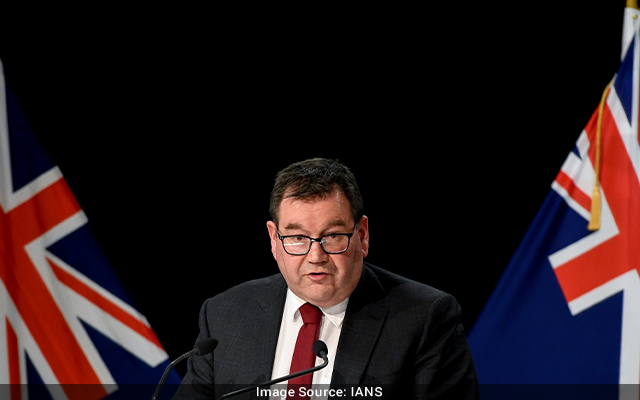New Zealand Deputy Prime Minister Grant Robertson has called for “an immigration reset while outlining a road ahead for the post-COVID economy on Tuesday.
Robertson, also the finance minister, said parts of the business sector had become too reliant on continued access to low-skilled laborers, and there had been fewer incentives to increase productivity through investment in capital and new technologies.
It is the “right time for an immigration reset,’’ he said in his speech to the Trans-Tasman Business Circle.
“Immigration has long contributed socially, culturally and economically to New Zealand, and our society is better for it.’’
He said that it can be an important source of skilled labor and new ideas, helping to boost innovation and productivity.
Robertson said that the government wants to work with businesses as to how they can attract new workers.
This, he said, may be by improving pay and conditions, being more flexible in fitting work around childcare obligations, or helping workers fulfill their potential through skills and training.
“We will work with industries and businesses to support the upskilling of our workforce,’’ he said, citing a few of the government’s active labor market policies such as the Free Apprenticeships program.
Also, the reinstatement of the Training Incentive Allowance, the Flexi Wage Programme, among others.
Talking about the current unbalanced development, Robertson said: “Too much of our economic expansion was based on unsustainable increases in house prices and high levels of population growth.
“This has been to the detriment of our economic stability, creaking infrastructure, and levels of wealth inequality.
“Too many jobs were created in the low-wage economy and not enough of our firms are exporting into international markets or developing new technologies and products at the global frontier,’’ he added.
New Zealand’s road ahead includes increasing productivity through large-scale investment in skills.
Also through research and innovation, infrastructure, building international connections and reforms of critical underpinnings of productivity such as planning, water, and immigration systems, Robertson said.

 Featured1 week ago
Featured1 week ago
 Crime1 week ago
Crime1 week ago
 Crime20 hours ago
Crime20 hours ago
 Featured1 week ago
Featured1 week ago
 Editorial4 days ago
Editorial4 days ago
 Business7 days ago
Business7 days ago
 Agribusiness3 days ago
Agribusiness3 days ago
 Business3 days ago
Business3 days ago

